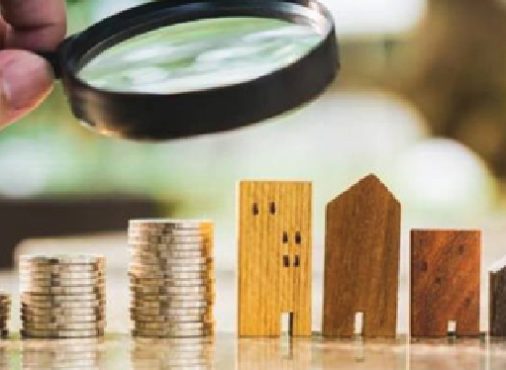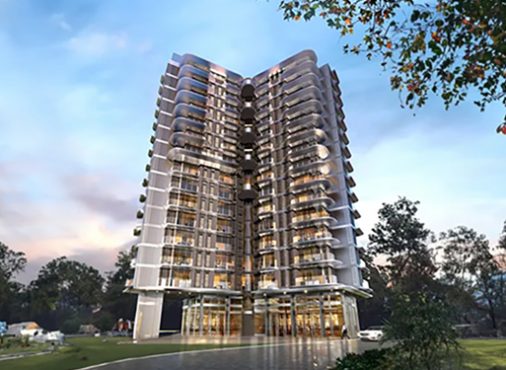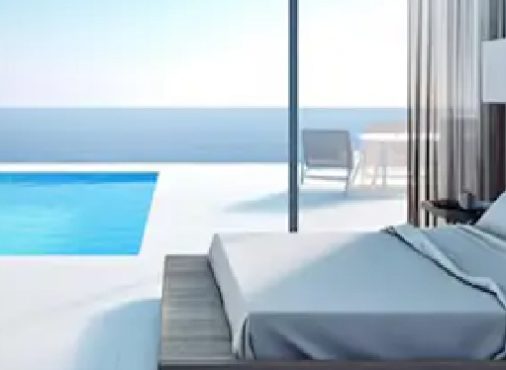In recent times, second homes have moved from being a luxury to a lifestyle choice for the high net worth individuals. Whether it’s a peaceful retreat for personal use or a high-performing investment property, a second home can give you immense emotional and financial returns.
This decision, however, presents a dilemma: should you buy a second home as a vacation haven for leisure or as a financial asset to give you long-term returns? This blog will help you navigate the emotional and financial aspects of buying a second home and how Rustomjee can cater to both.
Understanding Your Goals for a Second Home
The first step in buying a second home is to define your objective.
- Are you looking for a personal retreat where you can unwind with family and get away from the daily grind?
- Or are you looking for a property that gives you financial returns through rental income or capital appreciation?
Emotional Goals
A second home for leisure is all about enhancing your lifestyle. It’s about having a space where you can relax, rejuvenate and create memories with loved ones.
Financial Goals
An investment-focused second home is an addition to your investment portfolio. These properties are chosen based on their potential to provide passive income, appreciate over time, and diversify your assets.
Both Goals
Some properties, especially those by Rustomjee, cater to both leisure and investment. For instance, you can use your home during vacations and rent it out during the off-season, maximising both emotional and financial returns.
Read Also: The Future of Land Investment: Trends to Watch for in the Next Decade
Benefits of Buying a Second Home for Leisure
Purchasing a second home for leisure is a lifestyle-driven choice rooted in personal comfort and emotional fulfilment. Here are some compelling advantages that make it a worthwhile investment:
A Personal Retreat
A leisure property is a sanctuary where you can get away from the urban chaos. Imagine relaxing in a luxury villa or a premium apartment with serene views and modern amenities designed to your taste.
Family Time
A vacation home is a dedicated space for family get-togethers to create memories that last a lifetime. From festive celebrations to summer holidays, having a second home means more quality time with loved ones.
Long Term Savings
If you rent holiday homes frequently, owning a vacation home can save you money in the long run. Over time, the cost of renting can exceed the cost of buying a second home, making owning a smarter financial decision.
Emotional Value and Ownership
Owning a second home gives you a sense of pride and accomplishment. It’s more than just a property; it’s a reflection of your success and an extension of your lifestyle.
Read Also: Top 5 Emerging Locations for Land Investment in India
Advantages of Buying a Second Home for Investment
A second home as an investment property comes with many advantages:
Passive Income
Investment properties can give you a regular income. For example:
- Short-Term Rentals: Attract tourists or business travellers through Airbnb.
- Long-Term Leases: Get a stable income by renting to families or professionals.
Tax Benefits
Many governments offer tax deductions for expenses related to rental properties, like mortgage interest, property maintenance and depreciation. Consult a tax advisor to know how you can use these benefits to increase your returns.
High Appreciation Potential
Real estate in prime locations appreciates over time and becomes a valuable asset that increases in value. For example, locations near business hubs, premium schools, or lifestyle destinations tend to grow strongly.
Portfolio Diversification
Adding real estate to your investment portfolio reduces risk and increases rewards. Unlike stocks or mutual funds, property is a physical asset that gives you financial stability and returns.
Key Factors to Consider Before Deciding
Whether you’re looking for a second home for leisure or investment, consider these factors carefully so that your decision aligns with your personal goals and financial aspirations.
Location
Proximity to cities, airports or highways makes a second home convenient for personal use and rentals. For vacation homes, consider areas with natural beauty, recreational facilities or cultural attractions. Properties in areas with upcoming commercial hubs, schools, healthcare facilities and entertainment options will appreciate over time and increase in value as an investment.
Budget and Financial Planning
- Upfront Costs: Down payment, stamp duty, registration charges and brokerage fees.
- Recurring Costs: Maintenance charges, property taxes, utility bills and insurance premiums.
- Return Potential: For investments, consider the projected rental income and appreciation to see if the property justifies the overall cost.
Purpose and Flexibility: What’s Your Primary Objective?
- For leisure purposes, focus on properties with amenities like a pool, spa and green spaces.
- If your goal is financial returns, prioritise areas with high rental demand, like urban hubs or tourist spots.
- For hybrid purposes, consider flexible properties that allow personal use and can also be rented out during idle periods.
Can You Combine Leisure and Investment?
Yes! For buyers torn between emotional and financial priorities, a hybrid approach allows you to have the best of both worlds. Here’s how you can get the most out of your second home:
Dual Purpose Properties
Properties that serve both leisure and investment goals are getting more and more popular. These homes are designed to appeal to vacationers and renters alike, with:
- Luxury Features: Clubhouses, swimming pools and fitness centres make them perfect for personal use and short-term rentals.
- Strategic Locations: Properties near business districts or tourist areas can be marketed as vacation retreats and long-term rentals.
Seasonal Usage
You don’t have to choose between using your home and renting it out. You can use your home during peak season and rent it out during the season. This way, you can:
- Earn Income: Rent out the property when you’re not using it to offset maintenance costs or earn passive income.
- Personal Use: Have the flexibility to use the home for family holidays, long weekends or special occasions.
Comparing Returns: Emotional vs. Financial Value
When considering a second home, it’s important to weigh the emotional and financial returns. Both have their advantages, and it’s up to you to decide what’s most important.
Emotional Value
A second home for leisure isn’t just a property – it’s a lifestyle upgrade.
- Better Life: A holiday home is a peaceful escape from the chaos of everyday life, personal comfort and serenity.
- Family Memories: Having a dedicated space for family holidays creates bonding and memories over the years.
Financial ROI
Investment properties are measured by tangible financial returns:
- Rental Yields: The steady income from long-term tenants or short-term vacation rentals. For example, Rustomjee’s developments in prime locations are in high demand by renters.
- Growth: Properties in growing areas appreciate over time, and value increases.
- Diversification: Real estate adds depth to your portfolio and spreads risk across asset classes.
Conclusion
Whether you want a second home for leisure or investment depends on your goals and priorities. A vacation home gives you emotional rewards like relaxation, family bonding and exclusivity; an investment property gives you financial benefits like passive income and long-term appreciation. Both have their advantages, and the decision ultimately boils down to aligning the property with your lifestyle and aspirations.
With prime locations, luxury amenities, and strong appreciation potential, Rustomjee offers value that enhances both your lifestyle and financial future. Explore Rustomjee now and find the perfect balance between personal enjoyment and profitable investment.
FAQs
- What are the benefits of buying a second home for leisure?
A second home can serve as a personal retreat, offering a dedicated space for relaxation and family time. It provides stability during vacations, saving you the hassle of booking accommodations. It can also enhance your lifestyle and be a family asset.
- How can a second home serve as an investment?
Second homes can generate rental income when leased out, and they often appreciate over time, adding to your financial portfolio. They also act as a hedge against inflation while providing a tangible asset. Properly managed, they can yield consistent, long-term financial returns.
- What factors should I consider before buying a second home?
Consider location, affordability, maintenance costs, property taxes, and potential rental demand in the area. Accessibility, safety, and local amenities are also crucial. Research market trends and legal requirements to ensure the property aligns with your goals.
- Are there tax implications for owning a second home?
Yes, owning a second home may offer tax deductions for mortgage interest and property taxes, but it can also increase your overall tax liability. If rented out, additional taxes on rental income may apply. Always consult a tax advisor to understand the specific implications.
- Can I rent out my second home to generate income?
Yes, renting out your second home can help offset costs and potentially create a steady revenue stream. Platforms like Airbnb and VRBO make this easier, but you must comply with local regulations and homeowner association rules. Managing renters or hiring a property manager is also necessary.





